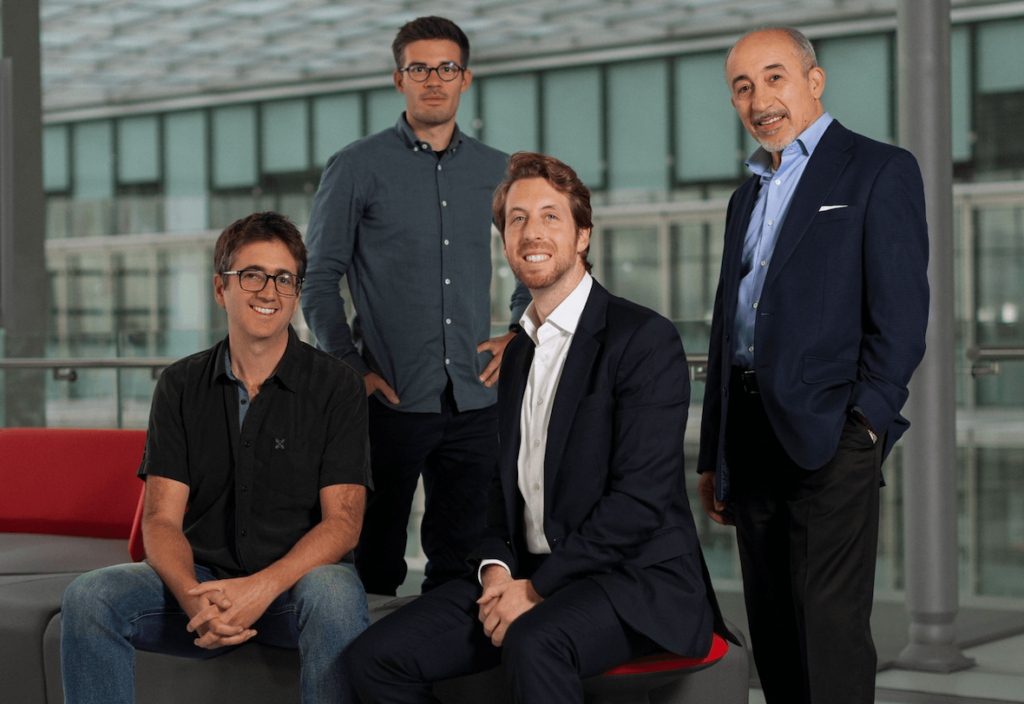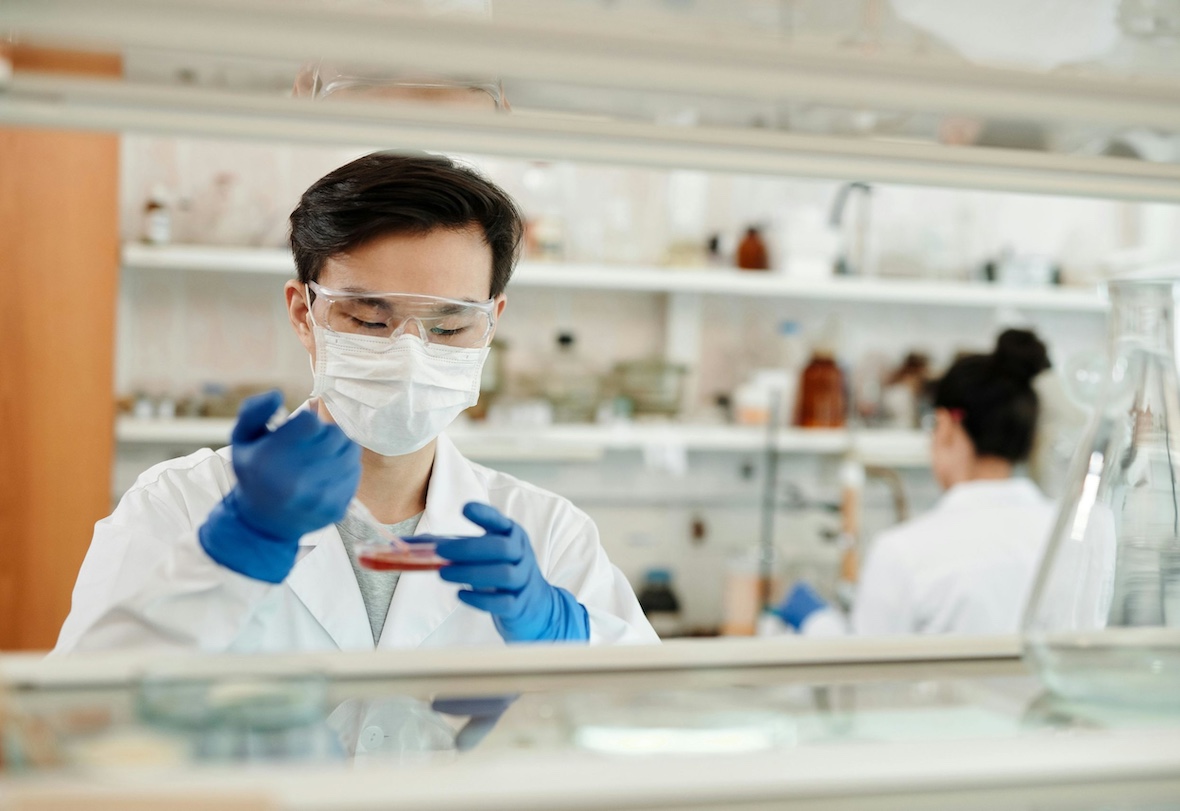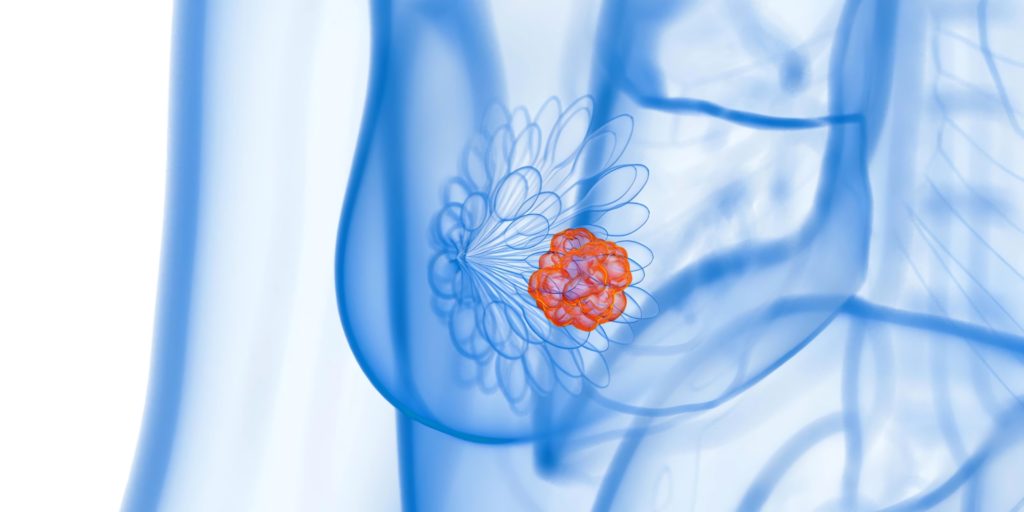
Neuchâtel’s Human Lean Diagnostics cluster is set to welcome its first tenants
29 January 2025
 The Human Lean Diagnostics (HLD) cluster in Neuchâtel offers a state-of-the-art environment for medical diagnostics innovation, bringing together industry and academia in Western Switzerland’s Health Valley. | © HLD
The Human Lean Diagnostics (HLD) cluster in Neuchâtel offers a state-of-the-art environment for medical diagnostics innovation, bringing together industry and academia in Western Switzerland’s Health Valley. | © HLD
The Human Lean Diagnostics (HLD) innovation cluster in Neuchâtel is preparing to welcome its first tenants in June 2025. Developed in collaboration with Microcity, the cluster is dedicated to accelerating medical diagnostics innovation by providing state-of-the-art infrastructure, fostering collaboration between industry and academia, and strengthening Switzerland’s position in health technology.
Located in the historic Serrières Valley, a site known for its industrial heritage, HLD is designed to be an internationally recognized center of excellence for diagnostic technologies. Positioned in the heart of Western Switzerland’s Health Valley, the cluster aims to facilitate the transition toward “4P medicine”—personalized, preventive, predictive, and participatory—by integrating companies, research institutions, and startups into a single, innovation-driven ecosystem. The project reflects Neuchâtel’s ambition to play a leading role in the global medical diagnostics sector.
The cluster focuses on key areas shaping the future of medical diagnostics. One of these is point-of-care medical devices, which enable real-time, accurate testing directly at the patient’s location, reducing the need for laboratory analysis and improving medical decision-making. Another major focus is in vitro diagnostics, where advanced biological analysis techniques allow for the early detection of diseases through blood, urine, or tissue samples. Digital health solutions also play a crucial role, integrating artificial intelligence, telemedicine, and connected health devices to enhance patient care and optimize treatment plans. Finally, automation in diagnostics is a core area of development, with automated systems reducing processing times, improving accuracy, and minimizing human error.
A flexible and future-ready environment for innovation
HLD’s 7,200-square-meter facility has been designed with flexibility in mind. Spanning five levels, the building offers fully modular laboratories, bright and adaptable office spaces, and collaborative areas that encourage knowledge exchange. The cluster provides plug-and-play solutions, allowing companies to focus on their research and development without the burden of infrastructure management. With a centralized technical system in place, laboratories can be easily reconfigured to meet specific needs, while the perimeter offices offer a comfortable and productive working environment. Collaborative spaces such as meeting rooms, conference areas, and breakout zones foster interaction between researchers, industry professionals, and entrepreneurs, creating an atmosphere conducive to innovation.
Neuchâtel: a thriving ecosystem for innovation and quality of life
Beyond its role as a center for medical diagnostics, HLD benefits from its exceptional location. The canton of Neuchâtel offers an ideal balance between professional opportunities and quality of life. Situated between the lake and the Jura mountains, the region provides an inspiring and stimulating environment for professionals, researchers, and entrepreneurs alike. With its proximity to leading Swiss research institutions, as well as an ecosystem that includes CSEM, EPFL, UniNE, and HE-Arc, HLD is positioned at the crossroads of academic excellence and industrial know-how.
The launch of HLD is a significant step forward for the region, reinforcing Neuchâtel’s role as a major hub for life sciences innovation. With spaces now open for reservation, companies seeking a cutting-edge environment to develop the next generation of medical diagnostic technologies have the opportunity to establish themselves at the heart of Western Switzerland’s thriving Health Valley.

